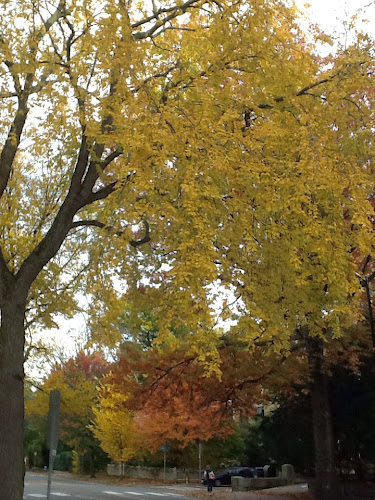While every day should be a day of thanksgiving (why do we only celebrate virtues on certain days instead of doing them every day?), I am expressing my gratitude to my friends and family across the globe. But as much, if not more, I would like that gratitude to extend to the countless others whom I’ve passed by in my travels and wherever I am at the moment.
Not just to the unseen, unmet individuals who ensure that trains run on time or who prepare the goods that go to market to sustain our daily lives; but to the individuals I see on those trains whom I will never know and to whom I can only venture an abstract compassion or to the poor in the sidewalk to whom I occasionally speak, but honestly, if I am honest, do I give many thoughts to? Do I invite into my home?
And why be grateful to those whom we ignore? Because we receive the first critical lesson from them; the limits of our compassion and the vast expanse of our ignorance and inaction. Reflecting on the day at day’s end, faces come into focus, glimpses of the unguarded gaze or the discussion I had with a guy in the T who said no my offer of food because he has a dodgy stomach. I didn’t catch his name; these images rest dreamlike in my memory. Nor should we stop here.
But let’s consider offering gratitude to those who have wronged us, who have pushed our buttons, who perhaps have even been apparent causes of life-changing trauma. Why be grateful to them? This is the second lesson and perhaps the hardest. Because at a bare minimum, from them we learn to listen deeply, we learn patience. At the greatest, most expansive and most intimate frontier, we may learn true forgiveness.
None of this is mere sentiment. Sentiment is cheap, Hallmark cards instead of deeply felt knowing and expression. This is a wish in the deepest, most heartfelt, body and soul sense. I am wishing to express gratitude to all beings, seen and unseen, to those close and those distant, and even to the causes and conditions that have brought these relations about. You who are near and dear to me; we have come to be, each and everyone of us through various sequences and patterns of love and being. You whom I don’t know too well or don’t know at all; I celebrate the ever-present potential that we may someday come to meet and if not, then simply the fact that you are. And to you whom for whom the relationship may be brittle, sad, or antagonistic; let us celebrate our mutual ignorance of our true natures.
With practice, I think we can fulfill and build on the innate goodness that informs who we truly are. How often does our “I hate that guy” reflect more on us than on them? I’d say almost always. If someone hits us intentionally or worse, attempts to disturb us in harsher ways, we can justify our anger; but holding onto it till it becomes hatred or worse is self-destructive, destructive of a self that we have created and that we know is a shifting phantom poorly reflecting the deepest, truest aspects of what it means to be human.
All the causes and conditions that have come together to provide for us this magical display of phenomenal existence with its wonders, awes, boredom and adventitious moments: I express gratitude for them. The impermanent swirl of events that comprises this individual being all the way to the farthest reaches of whatever cosmos it is we inhabit is a dance of what is, ultimately, love. In consuming plant (and beast, if you’re a carnivore, as well), let us be mindful of the brilliance of the transaction. From sun, soil, water and wind to crop to market to plate; from birth to growth to (apologies to the squeamish) slaughter to dismemberment to packaging to plate; all these have their precedent moments as do we, from our inceptions to our infancies, to our various stages of life, our tragedies, our triumphs.
We meet at a sacramental table. We meet for a puja, for a tsok, for a feast to celebrate these interconnections, these interactions. We meet each other, we meet ourselves.
Postscript: when it’s over and time to clear the table, we take care. We reflect on the feast, the joy, the sacrament. We carry this with us, hopefully, in the next moment and the next. A day of thanksgiving.
“If only there were stillness, full, complete.
If all the random and approximatewere muted, with neighbors’ laughter, for your sake,and if the clamor that my senses makedid not confound the vigil I would keep –
Then in a thousandfold thought I could think you out,
even to your utmost brink,and (while a smile endures)
possess you, giving you away, as though I were but giving thanks,to all the living.”
Rainer Maria Rilke, Poems from the Book of Hours (Babette Deutsch translation)
